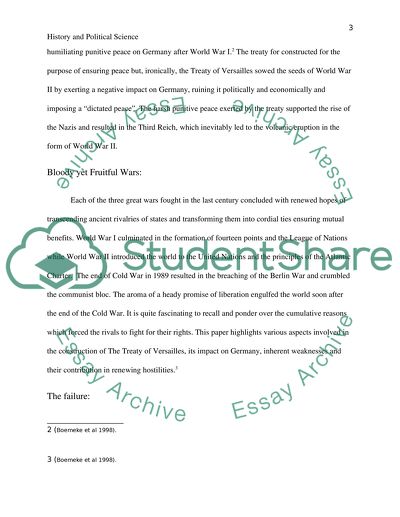Cite this document
(“The Treaty of Versailles Research Paper Example | Topics and Well Written Essays - 2250 words”, n.d.)
Retrieved from https://studentshare.org/history/1395138-the-treaty-of-versailles
Retrieved from https://studentshare.org/history/1395138-the-treaty-of-versailles
(The Treaty of Versailles Research Paper Example | Topics and Well Written Essays - 2250 Words)
https://studentshare.org/history/1395138-the-treaty-of-versailles.
https://studentshare.org/history/1395138-the-treaty-of-versailles.
“The Treaty of Versailles Research Paper Example | Topics and Well Written Essays - 2250 Words”, n.d. https://studentshare.org/history/1395138-the-treaty-of-versailles.


